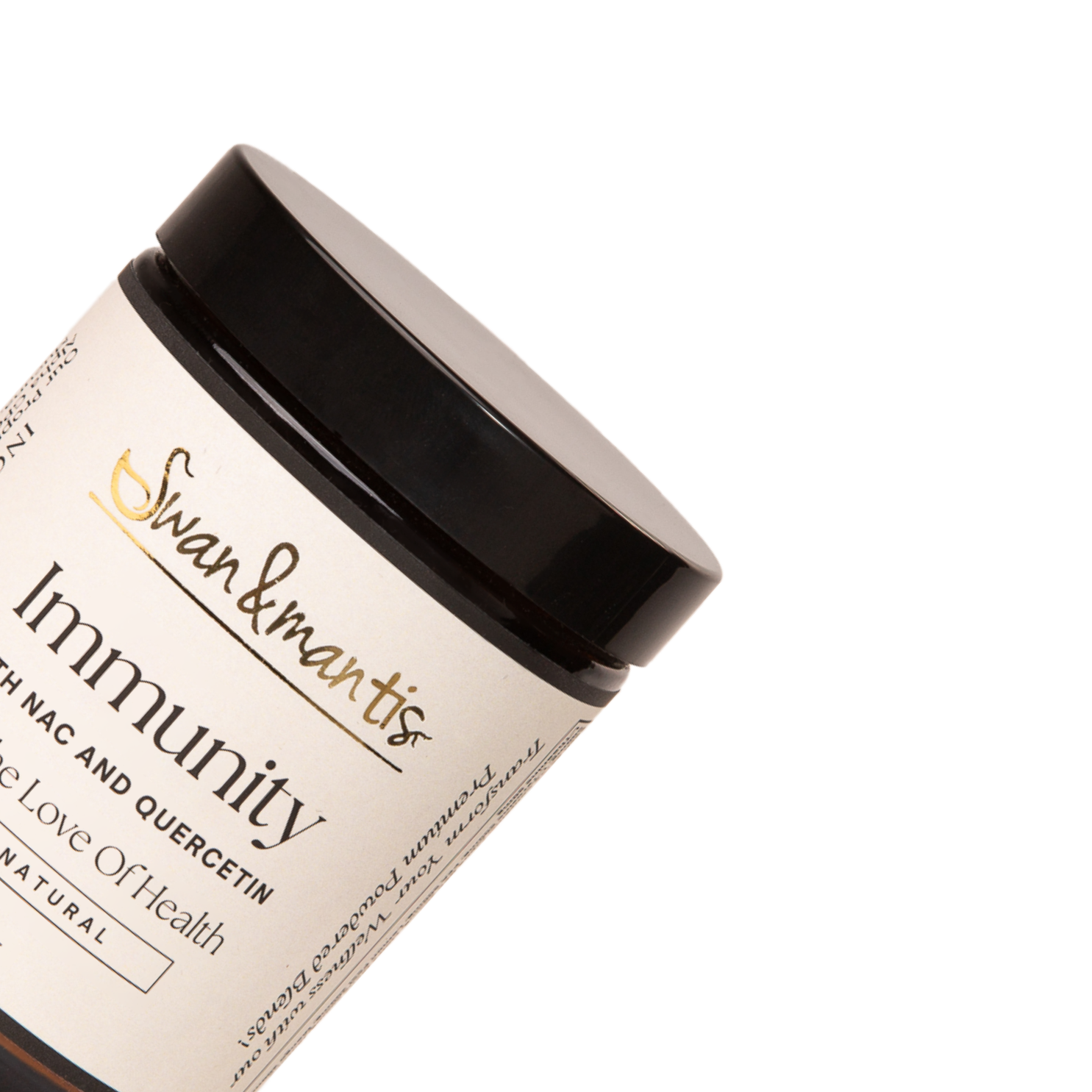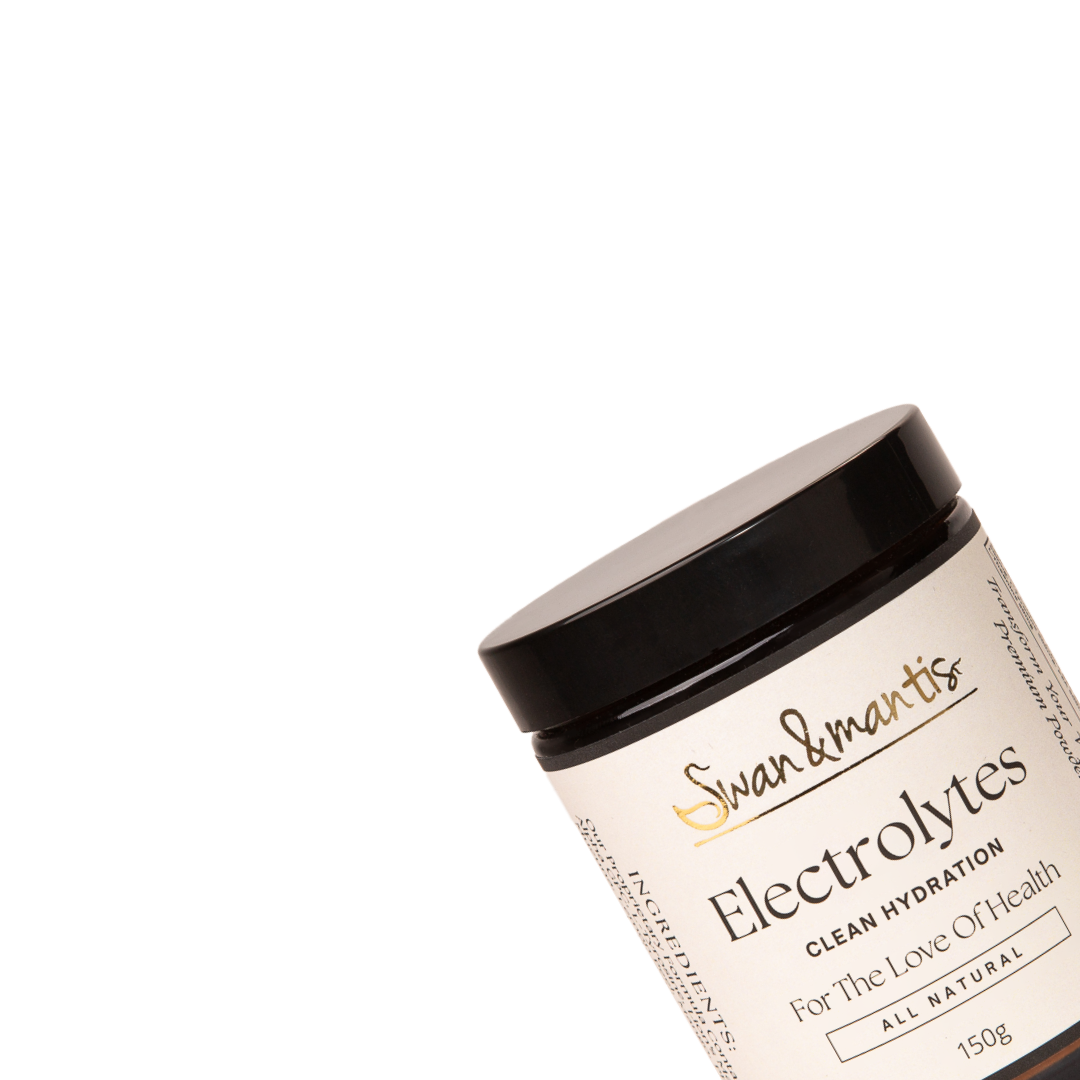2016: SOCIETY AND EVOLUTION
Sleeping in a cave was better than a field, but a house better than a cave, but an air-conditioned house under a soft blanket better still – man, a product of nature, has been obsessed with evolution since the dawn of time. We are in a constant state of change no matter what we do and from that change we essentially grow or decay. Are we truly on the path of growth, of evolution, that society would tell us we are on? From birth we are told of “good” and “bad” activities – you win the game, you are good, you lose the game and you are bad. Certain behaviours are ‘good’ and others are ‘bad’. What starts out as an innocent guiding hand grows into an emotionally charged sense of self worth, to in some cases, total debilitating mental illness.
The currently held view of life is one of competition. Organisms compete for scarce resources and the ‘fittest’ organism wins the resource and wins the right to reproduce, the ultimate goal. The view is that we evolve through the ‘fitter’ species being able to survive – and thus more fitter species are produced, and this process is refined over time. This very strongly believed evolutionary thesis is currently pervading over our society, that of competition and scarcity. This article aims to represent an antithesis, evolution through cooperation and abundance.
BIOENERGEITCS
From a bioenergetic perspective on life, abundant resources are able to create more complex organisms. Thus abundance (which is really accessed though cooperation) is the primary driver of evolution. Energy and structure are interdependent at every level.
Through the bioenergetic lens, environmental signals turn on and off metabolic switches. Warmth and light signals activates a higher metabolic rate in the organism, whereas cold and dark signals a lower metabolic rate in the organism. This can be read in another way, that warmth and light signals abundance and facilitates the potentiality for a higher metabolic rate and created complexity – cold and dark signals scarcity, and a lowered metabolism, indicative of a simpler organism. The scarcity mindset reminds me of our currently held view of life; it is a hard competitive battle from birth to death, everyone must fend for their own, you only share with your closest relatives fighting tooth and nail to get ahead.
Why do we, as a society, hold this view? The typical person spends most of their time under blue light (lack of light, scarcity signal) in an office working eight hours a day (stress, scarcity signal) competing in a capitalist market place (competition, scarcity signal), eating nutrient poor foods that signal scarcity at every meal (polyunsaturated fatty acids) and taking absurd amounts of media driven information (evolution through scarcity world view). If energy and structure are interdependent at every level; at every level we are reinforcing a scarcity mentality, shutting down our metabolisms and reverting to simpler organisms – essentially the opposite of evolution.
BIOENERGETICS AND BEHAVIOURS
Interdependence
In Richard Dawkins famous book “The Selfish Gene” he outlined the prisoners dilemma using Game Theory. In one round, it always pays to be selfish – and this creates scarcity, but its better than working hard and having someone else steal the fruit of your labour. However, in multiple rounds with an unseen end it pays to cooperate. We see the complexity of an endless game promoting cooperation. Dawkins also talks about the selfish nature of the gene, where it in a sense controls its host in order to reproduce more copies of itself. However we can see that in a few generations, due to the process of gene replication, we will soon be extinct in that sense. He proposed a new aim of life, rather than reproducing to carry on our lineage, that of the ‘meme’. Through ideas, people like Socrates have lived on through thousands of years. Rather than replicating our genes – simple organisms; we would be working on replicating our ideas – complex thoughts, pervading the hearts and minds of other complex gene machines.
Emotions
To facilitate the evolution of humanity and society under the bio-energetic view; you must get an adequate amount of light, enjoy your work, cooperate rather than compete, and eat a nutrient rich pro-metabolic diet. All these factors will then reinforce and grow upon the other. “Good” and “bad” are simplistic terms and bleed in unnecessary emotion into life, compounding over time reinforcing scarcity and clouding our judgement. Life at the complexity that we live it is never good or bad, it is an infinite number of shades of grey. The evolution to this thinking is to simply see things as they are – not good or bad, but just events that have occurred and are occurring. If you want a certain outcome, being emotionally charged about an event will simply interfere with your ability to observe clearly and most likely hinder rather than help your cause.
Concentration
The dualistic mind which views things as good and bad goes on chattering all day to the extent that the mind has become our master. The most prominent way to reign the mind in, so it becomes our servant, is the art of concentration. When one is so focused upon one thing, you can be completely absorbed in the moment reaching what has been described as ‘a state of flow’. Meditation is the tool specifically used here, but not necessarily in its commonly thought of ‘sit on the floor cross legged and close your eyes’. You can bring a meditative focused mind into anything; washing the dishes, playing tennis, taking the dog for a walk etc. You just have to pick one thing to focus on, to be aware of, and simply notice if your awareness drifts away from that thing and then bring it back. This is not a game as society knows it – it is not ‘bad’ if your mind drifts away from the thing, it simply is. Your objective is simply to notice this, and then refocus your attention back on the thing. Not a struggle of winning and losing, but rather a letting-go of your emotion and pre-existing conditioning. It doesn’t involve trying hard, but it does involve effort, not too much, but enough to hold a point of tension. It is an inner game, devoid of competition to the outside world.
Contentment
Contentment seems to be what we all strive for – although the scarcity mentality would have us chasing material possessions and other illusions as the path to get there. In truth, the human condition seems to be most content whilst in a state of flow. Our mind is not anxious or depressed, it is simply being in the moment, not trying hard, but producing the best possible effort that we can give. Happiness researchers have argued that finding something that we have a natural talent for and then being in a state of flow for that thing increases contentment further – and further still, being in a state of flow at our natural talent while helping others at the same time is the ultimate recipe here.
Work
The bioenergetic view would thus perhaps define ‘success’ in work as contentment and ability to help others, which is akin to how Bhutan uses “Gross National Happiness” to measure their success, rather than GDP which most countries use – simply about production and money. A lot of people have found themselves in a position now of being pushed down a career path they don’t enjoy by their parents or even by society – being afraid of failure, what others might think, or turning into a bum.
People who work day in and day out in a stressful job that they don’t derive enjoyment out of have always perplexed me. I understand that some people may NEED to work in some countries, or they might end up on the street – but it does seem a common theme at least in western countries, that a lot of currently successful (see above definition) people have worked part-time jobs and spent the remainder of their time ‘hustling’ to do what they want to do for a career. Or stayed with their parents longer and studied (although, not necessarily at university – which seems to reinforce the scarcity evolution in many professions). This seems to lead to longer term happiness – seeing as a major part of life is spent doing work. Our society seems to be all about the “quick fix” band-aid magic pill approach, but the reality here seems to be easy come easy go – true stability is rooted in sustainable progress. The investor mindset is one that can see the future benefits of actions and see beyond the “right now”. A common trait of humanity is to overestimate what one can do today (which ends up as a scarcity event) but underestimate what one can do in a life time (which can turn out to be an abundant event).
It seems to be that if we stop “doing” – forcing ourselves to do things we don’t like over and over (stress, scarcity), but instead start to “be” (getting to know ourselves again and reconnecting with our innate nature / intuition) – which may involve lazing around the house for a few weeks, we do eventually start doing again, although not in the same way. It is important to highlight, more than anything, that people don’t want to be bored. You will not lose motivation to ever work again, because you will get bored and more than boredom you will want to work. It’s not that people don’t want to ‘do’, to work (we just think that because so many of us are overworked), but it is that we don’t what to do the particular work that we’re doing – or we want to do less of it.
When we start doing again, we start to do the things we want to do, that are relevant to us. We have time to think and plan, and we become motivated from within. Instead of running from fear (the scarcity mentality, the 9-5 grind, stress, work for the authority), we move from love (abundance mentality, work part time and realise we don’t need so much money, relax, become our own authority).
Nutrition
This would be the equivalent of striking the right balance between nutrition and metabolism, hitting your strides so-to-speak. The majority of people are hypothyroid and that is where most disease states come from. Our bodies need nutrients to flourish, just as the tree needs sun and water to grow big and strong. We get our nutrients from sun and water too, but mostly from the food we eat. If we are hypothyroid, we don’t eat as much and thus we don’t get adequate nutrients. If your pulse is currently under 85 bpm, or your armpit temperature is currently under 37 Celsius, then you are most likely hypothyroid to some degree.
Why are so many of us hypothyroid? The media tells us the be all and end all of health is your body mass index, people are too over weight and need to lose this fat. The magic formula we are sold is exercise more, eat less, and eat healthier (specifically polyunsaturated fats, fish oils, seed oils, etc). Too much exercise (excess metabolism, over exertion) can lead to a decreased metabolic rate in the long run because of a lack of nutrient stores, potential tissue catabolism, lactic acid build up (essentially all these things are signally scarcity to the body). Eating too many polyunsaturated fatty acids signals winter and scarcity to the body and thus we retain excess weight and our metabolisms shut down. In many cases, these states of dysfunctional mitochondria are passed onto children and a generation is born with weight problems. Many of us may have lacking metabolisms for this reason comparatively to our ancestors. At the end of his article is an image fromBetter Homes and Gardens magazine in 1958. A male my size would be expected to eat 3,600 calories a day, whereas the current recommendations I’m given are around 2,200 calories a day. I’ve always had a specifically fast metabolism as noted among my peers – although even I feel very full from 3,000 calories a day when I actually track them (there are numerous websites an apps you can use for this now – it can be a useful exercise), and don’t think I would be able to keep up 3,000 calories a day for long.
Hypothyroidism can lead to excess weight gain and a myriad of other problems. In this sense for most people there is no magic bullet on either end of the extremes, rather the middle way is like the apex of a triangle and finding your individual apex is the art of your life – playing the inner game, walking the knife edge between high metabolism / abundant nutrient stores without crossing and falling into scarcity signalling.



